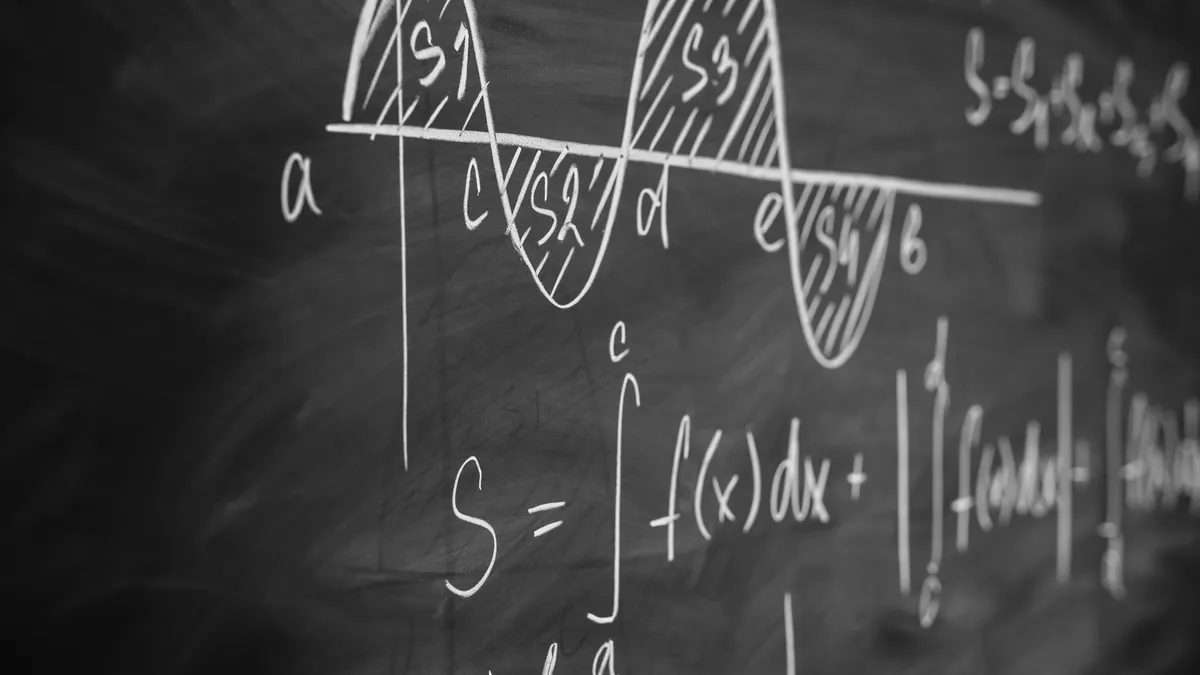Dive Brief:
-
To help students develop a mindset that they are capable of learning math, educators should help them see what they're learning is useful and not random, said Kevin Dykema, president of the National Council of Teachers of Mathematics.
-
More important than graduating high school students with STEM interests, Dykema said educators should strive to graduate students with a belief in their abilities — especially in mathematics.
-
“When you understand, you start feeling more confident,” Dykema said. “We want students who are capable of learning math and willing to do mathematics.”
Dive Insight:
According to a 2021 survey of mostly non-STEM Alabama college professors, respondents would like their college students to have more knowledge of basic math tools like functions, as well as data analytics skills, according to The Hechinger Report.
Dykema said he knows that sometimes students get stuck during their learning journey. A mathematical concept or benchmark may cause them to struggle, or perhaps they come up against an idea that doesn’t resonate with them. At that point, students may push to find a way through, or they may give up. To Dykema, this is when math teachers should step in and explain that mastering a mathematical subject may take more than a week or two. He even suggests educators share their own learning experiences, including stumbling blocks.
“I think as a math community, we need to do a better job of sharing those stories,” Dykema said. “When we share them, students think, 'Even my teacher or professor, who I think is brilliant, had that point where they hit that proverbial wall, but they didn't give up. I’m going to persevere and push through this as well.’”
Helping students see the value of what they’re learning can be beneficial, as well. When asked to memorize equations, math can turn into a dry activity, separate from its usefulness. Educators who show the real-world application of what math can accomplish, such as illustrating how much their savings grows through compound interest or how reducing electricity use at home may affect carbon dioxide in the atmosphere, could help show how the subject can be impactful in their lives beyond the classroom.
“They need to see math. There is a reason we learn mathematics, and that it's not just to see a random series of procedures,” he said. “It helps students to understand that math can solve problems and make sense of the world.”






 Dive Awards
Dive Awards





